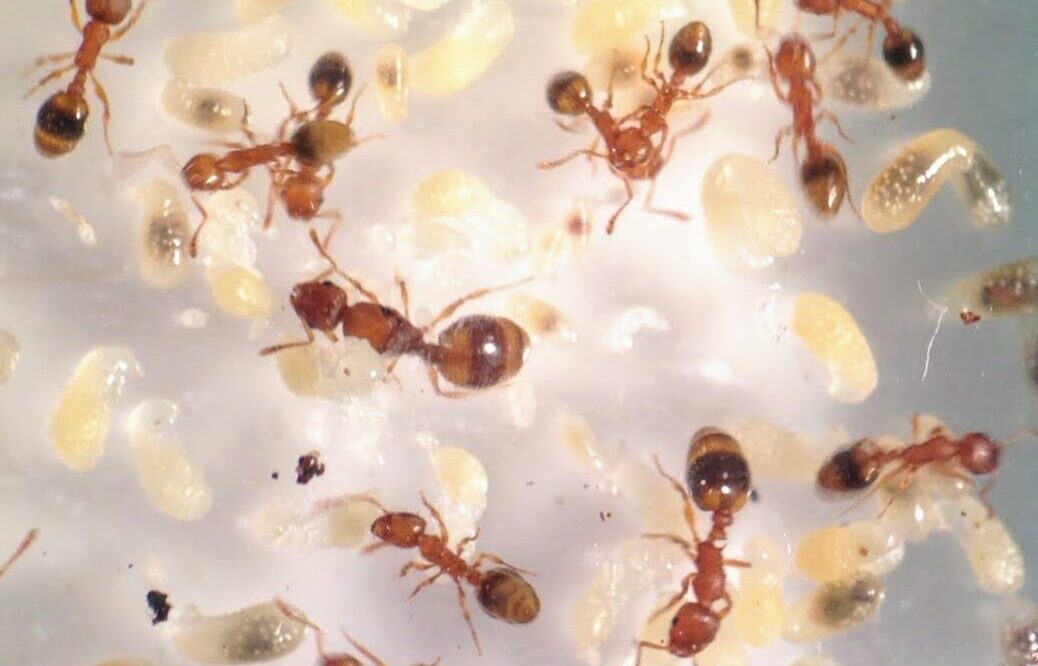Since 2016, the Institute of Ecology and Environmental Sciences (iEES Paris) at the Sorbonne University in Paris has been using the Vaisala Continuous Monitoring System to record data in real time and control the temperature and humidity of chambers used for insect breeding and experimentation. The IEES develops innovative strategies and tools for the rehabilitation of damaged environments, the ecologically sustainable management of biological resources and ecosystem services, and adaptation to global change.
Lire la suite / Read more







